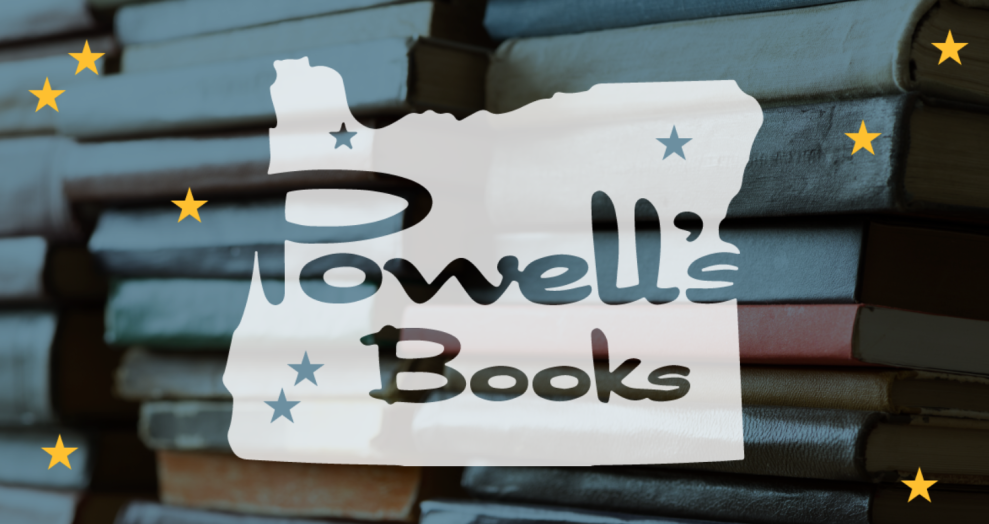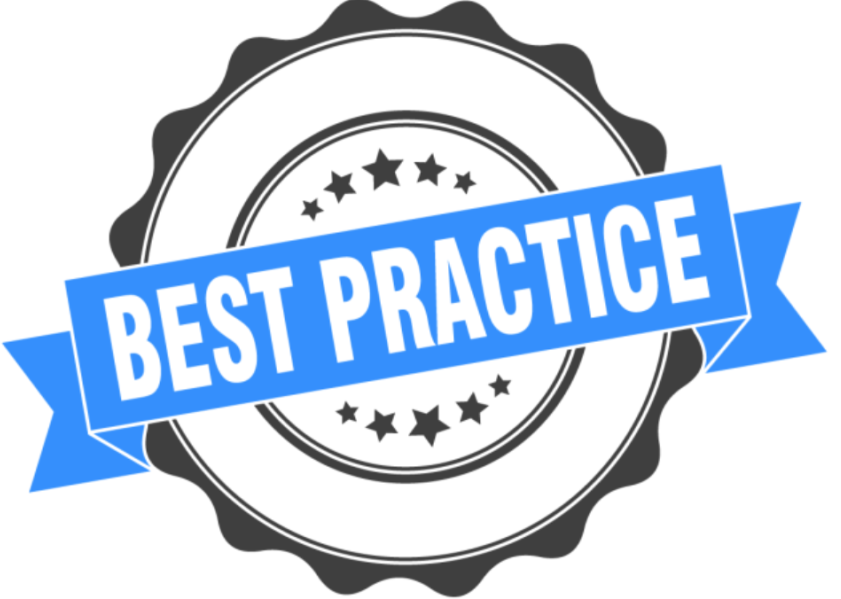Table of Contents
Is there gold on your bookshelf? Well, if you’ve got a stack of books you’re ready to part with, you could be sitting on a small treasure. Don’t worry too much if you’re new to this; I’m here to help you with getting started with how to sell second hand books online. This way you not only make extra cash but also reduce the clutter in your house.
Choosing the right platform is crucial—it can mean the difference between a book gathering dust and a successful sale. I’ll be highlighting not just where you can sell, but how to do it effectively, reaching buyers who are looking for exactly what you’re ready to unload. This isn’t just about making a quick buck; it’s also about experiencing the joys of finding your books new homes where they’ll be cherished.
Selling online comes with its intricacies and finding the best place requires a solid strategy. In my opinion, your success hinges on trust and how comfortable buyers feel on a platform, so we’ll be dissecting the most reliable spots on the web to turn your used pages into cash.
We’ll touch on the principles of Experience, Expertise, Authoritativeness, and Trust, commonly known as E-E-A-T, and how these factors play a significant role when you decide where to sell your books online. With the right approach, you’ll not only clear your shelves but also possibly find a new, rewarding hobby in the process. And that’s going to include a good look into big names like Amazon and eBay as well as specialized sites like Alibris and BookScouter.
So, curious about which online marketplace could be your best bet? Stay tuned as I compare the top contenders to help you make an informed choice.
Comparing Top Online Marketplaces for Book Selling

I’m going to walk you through some of the giants in the online marketplace where you can offload that pile of books you’ve no longer got room for. Let’s start with the heavyweight, Amazon. Amazon is the Goliath here, offering massive audience reach which could mean quicker sales. However, with great reach comes stiff competition, and you’ll need to keep your prices sharp.
Then you’ve got eBay, a dynamic auction site where you can set your books for auction or a fixed price. Now, this platform is ideal if you’re looking to sell rare or collectible books. Buyers are often willing to pay more in a bidding war.
AbeBooks is another impressive option that specialises in books, art, and collectibles. It’s owned by Amazon but operates independently, providing a more curated experience. AbeBooks is particularly good if you’ve got vintage or hard-to-find books.
You’re going to find out about the advantages of each platform, starting with Amazon’s wide customer base, moving to eBay’s auction model, and concluding with AbeBooks’ specialised focus. Keeping in mind transaction fees, ease of use, and payment methods will be crucial for you to weigh the pros and cons for your specific scenario.
Specialised Book Selling Platforms and Their Advantages

Now what is a big advantage of going niche? Specialised platforms like BookScouter, Alibris, and Powell’s cater to specific audiences and genres. These platforms offer a more tailored approach for your unique collections whether you’re dealing with textbooks, rare finds, or indie novels.
The main pull of these sites? Their targeted audience. Sellers can often snag higher prices because the readers here know what they’re looking for – that first edition or an out-of-print classic. Also, the community aspect of these platforms often means sellers can tap into a network of book enthusiasts.
But it’s not just about the community; it’s also about the condition. Specialised platforms often have more stringent guidelines about book quality. This means that you’re setting expectations right from the start – a critical step in maintaining a good seller profile.
I’m here to help you understand how these niche markets work. They’re typically less saturated than the big-time marketplaces, which can mean less competition. But remember, less traffic might also mean it could take longer to find a buyer. Choose something that resonates with you and your book collection.
Best Practices for Successful Online Book Selling

You’re going to find out about some time-tested strategies that could help turn your online book selling into a success story. This isn’t just about listing your books; it’s also about how you present them to potential buyers.
Creating attractive listings is crucial, and that starts with high-quality images and detailed descriptions. Be honest about the condition of your books. This builds trust, and trust is everything in the online marketplace.
Reviews and ratings can make or break your reputation as a seller. Encourage satisfied customers to leave positive feedback, but don’t worry too much about the occasional less favourable review. Use them as constructive criticism to improve.
Pricing your books competitively is key, but remember, your first attempt doesn’t need to be your last. Monitor your sales and adjust prices as needed. Include details about shipping costs upfront to avoid surprising your buyers later on.
Excellent customer service sets you apart from the competition. Respond promptly to inquiries and be clear about your return policies. A happy customer is more likely to return or recommend your service.
In my opinion, selling books online can be rewarding and profitable if done right. Choose platforms and practices that resonate with you and provide the best experience for your customers. That’s the strategy I like to leverage for long-term success.
Follow Me On My Socials!
Kay,
secondlifeloot.com

